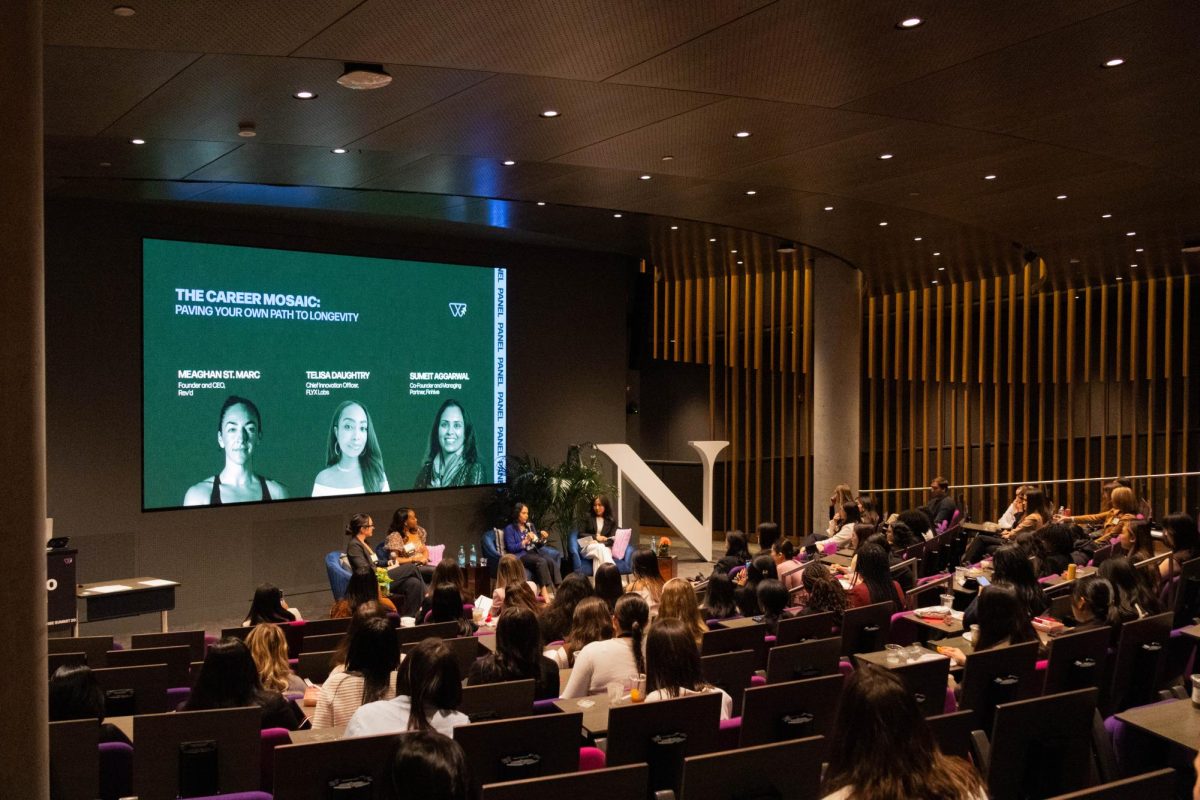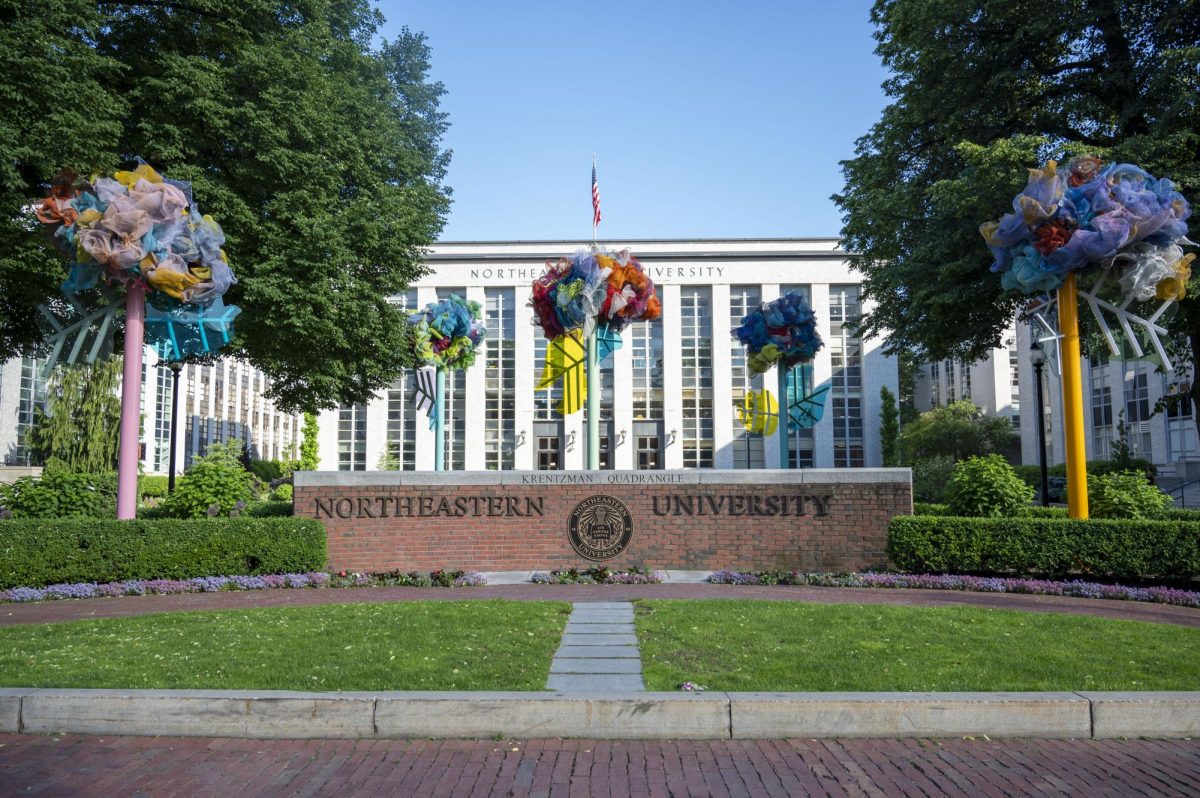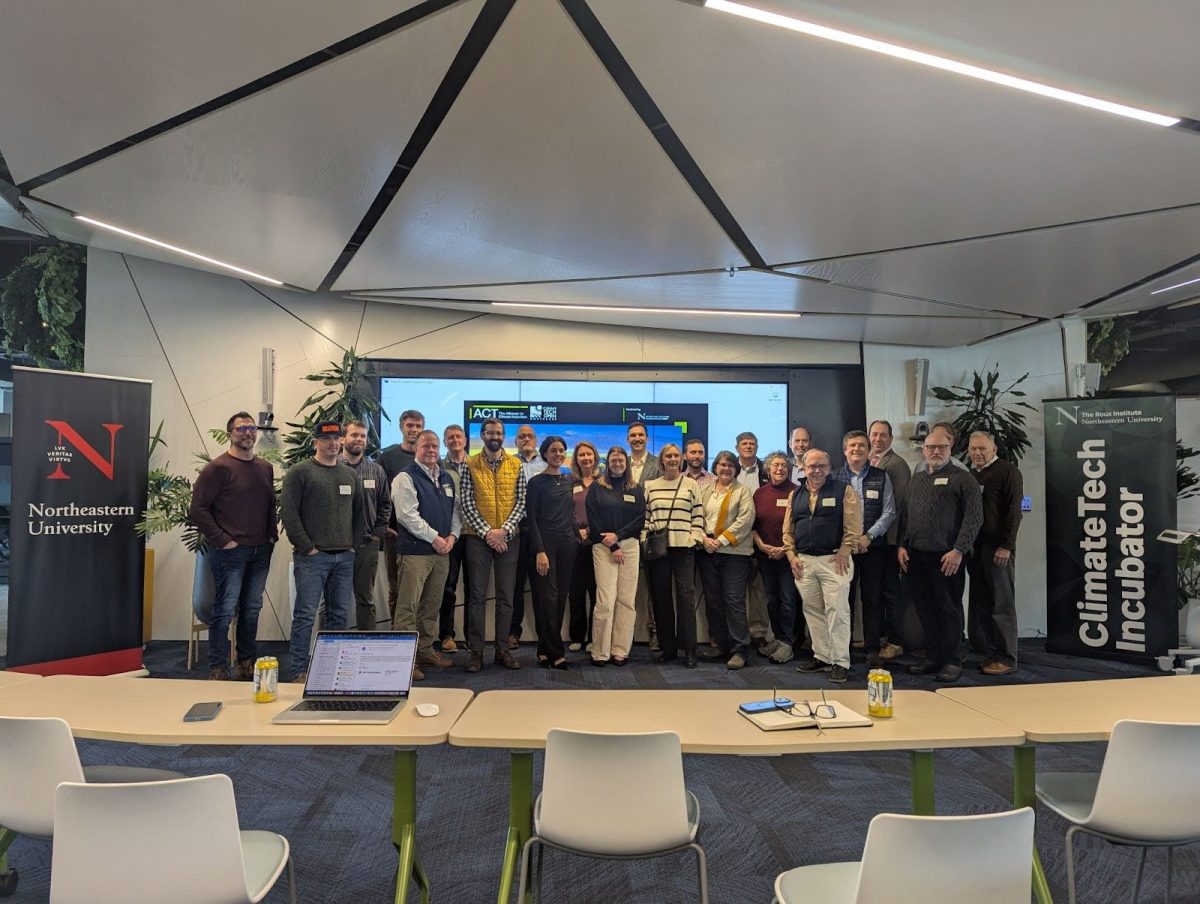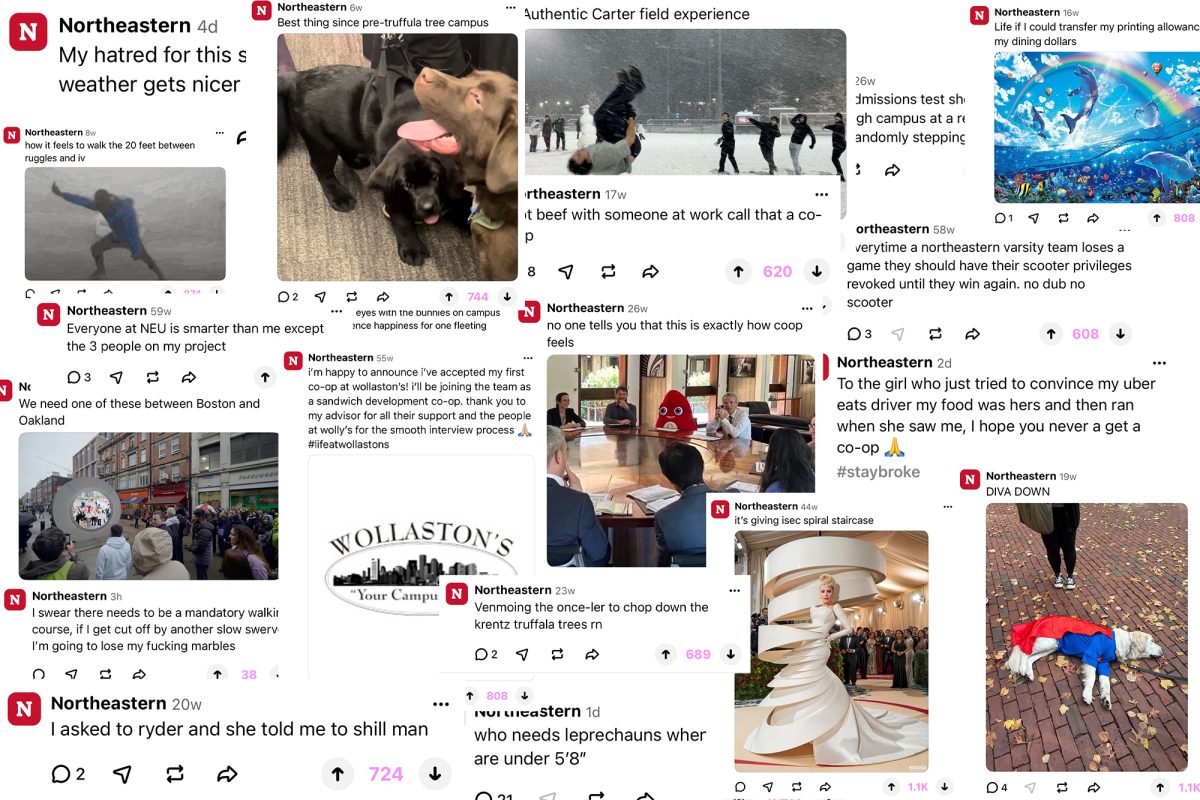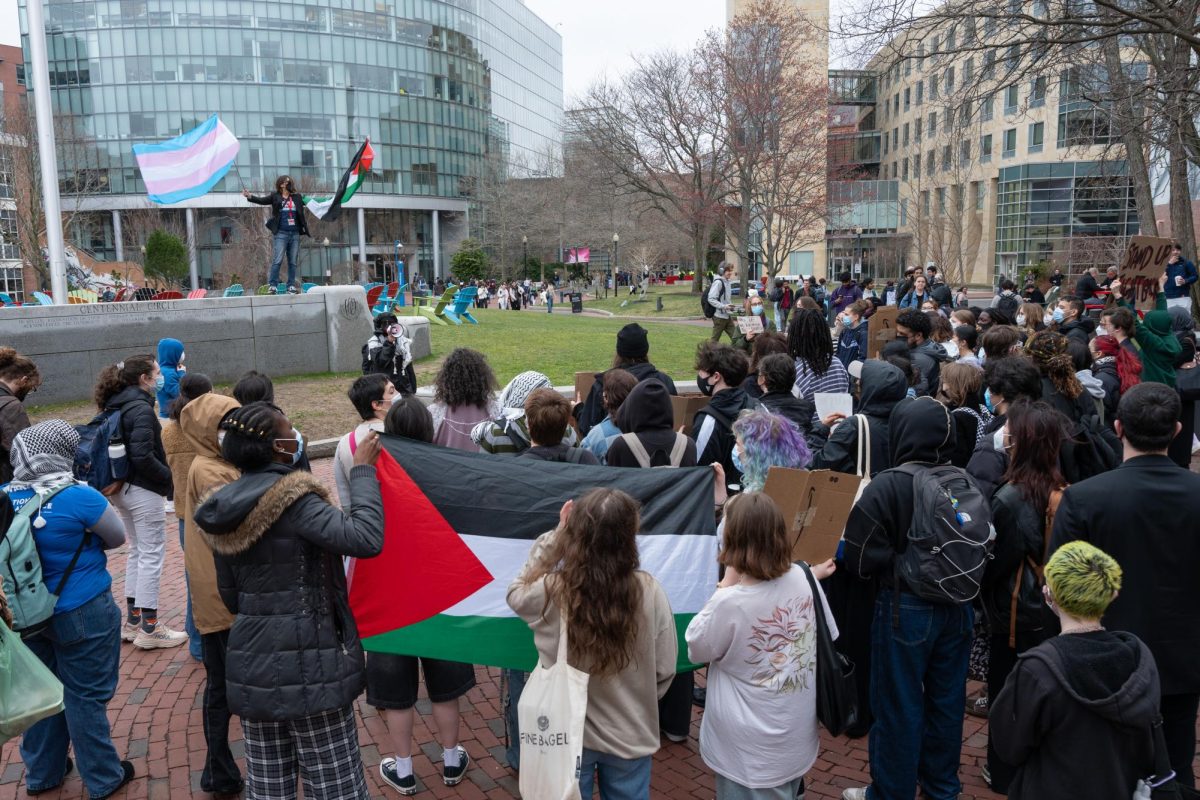By Laura Weiss
The Oct. 6 edition of The Northeastern News featured an article about two recent sexual assaults in the Jamaica Plain/Mission Hill area being the cause for Northeastern to take action and inform students about sexual assault. The yellow SAFEnet Advisory postings listing safety tips were very noticeable around campus, and caught the attention of many students. I commend the quick and visible response of Public Safety and the university in informing the community about these rapes, and offering suggestions to increase the safety of all Northeastern community members.
However, sexual assault prevention efforts at Northeastern are not limited to SAFEnet alerts. Sexual assault education starts at orientation for new students, with information about facts, statistics and resources included in each orientation session. Educational programs for residence halls, Greek life, student groups and classes reached nearly 2,000 students during the 2003-04 academic year.
Events such as the LASO sponsored “Xcaping Rape” forum and the Clothesline Project display provided a variety of ways for NU community members to be informed about the realities of sexual assault. The alarming reality is that the vast majority of rapes on college campuses (90 percent according to a 2000 Department of Justice national study) occur between people who know one another. In order to respond better to the needs of the community, training for staff and students who may have first contact with a survivor is now a part of the Residential Life professional development training.
Additionally, students enrolled in HS 900, Sexual Assault Training: Counseling and Education, are currently undergoing extensive training to become certified sexual assault counselors and peer educators. Next semester these trained students will begin to implement university-wide educational programs to reach even more students. A sexual assault hotline will also begin in January, with certified students answering calls and providing information, resources and support to survivors and those affected by sexual assault.
Services such as individual counseling, consultation and educational programming are available through the University Health and Counseling Services. Students can also access the emergency walk-in counseling services at UHCS Forsyth (formerly Lane Health Center) Monday through Friday 9 a.m. to 7 p.m.
With the addition of trained student educators and expanded counseling services, sexual assault prevention, education and support services will continue to grow and meet the needs of the Northeastern community.
— Laura Weiss, MSW, LCSW is the coordinator of sexual assault services for Northeastern.



